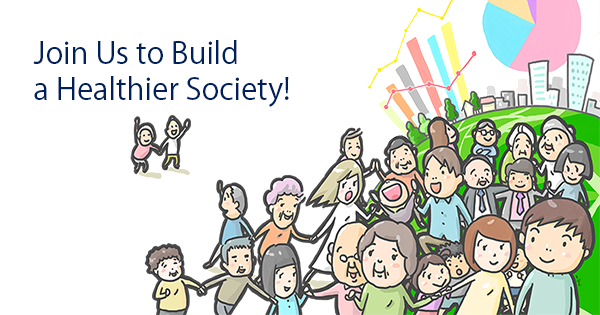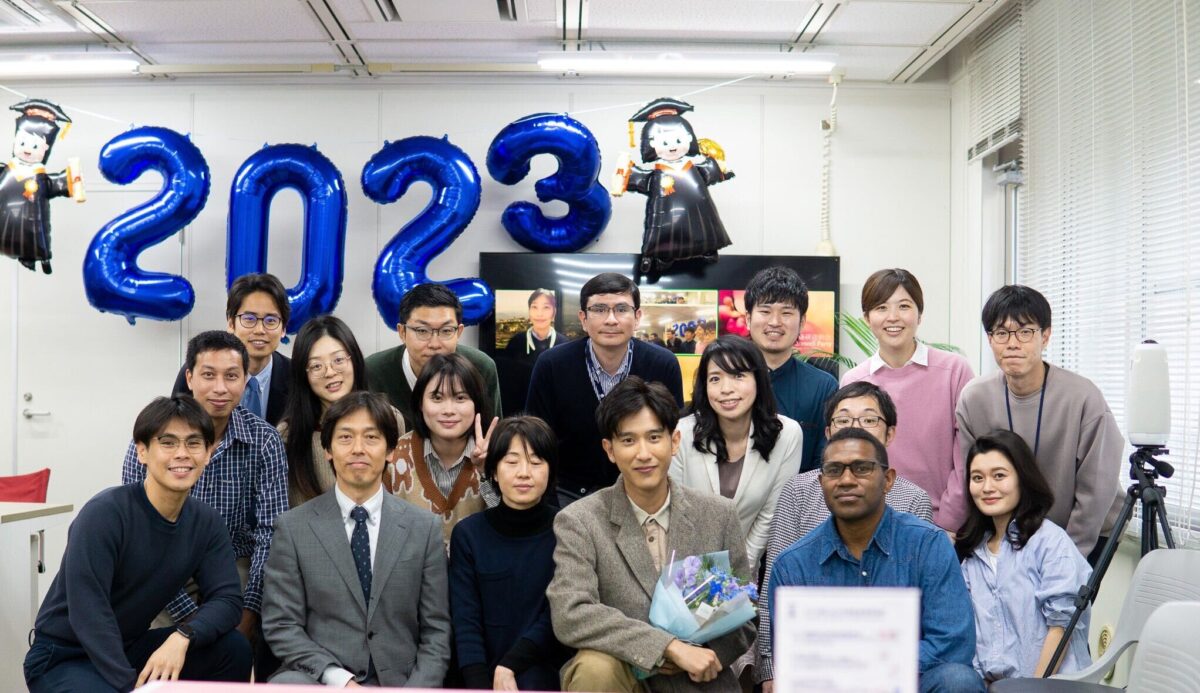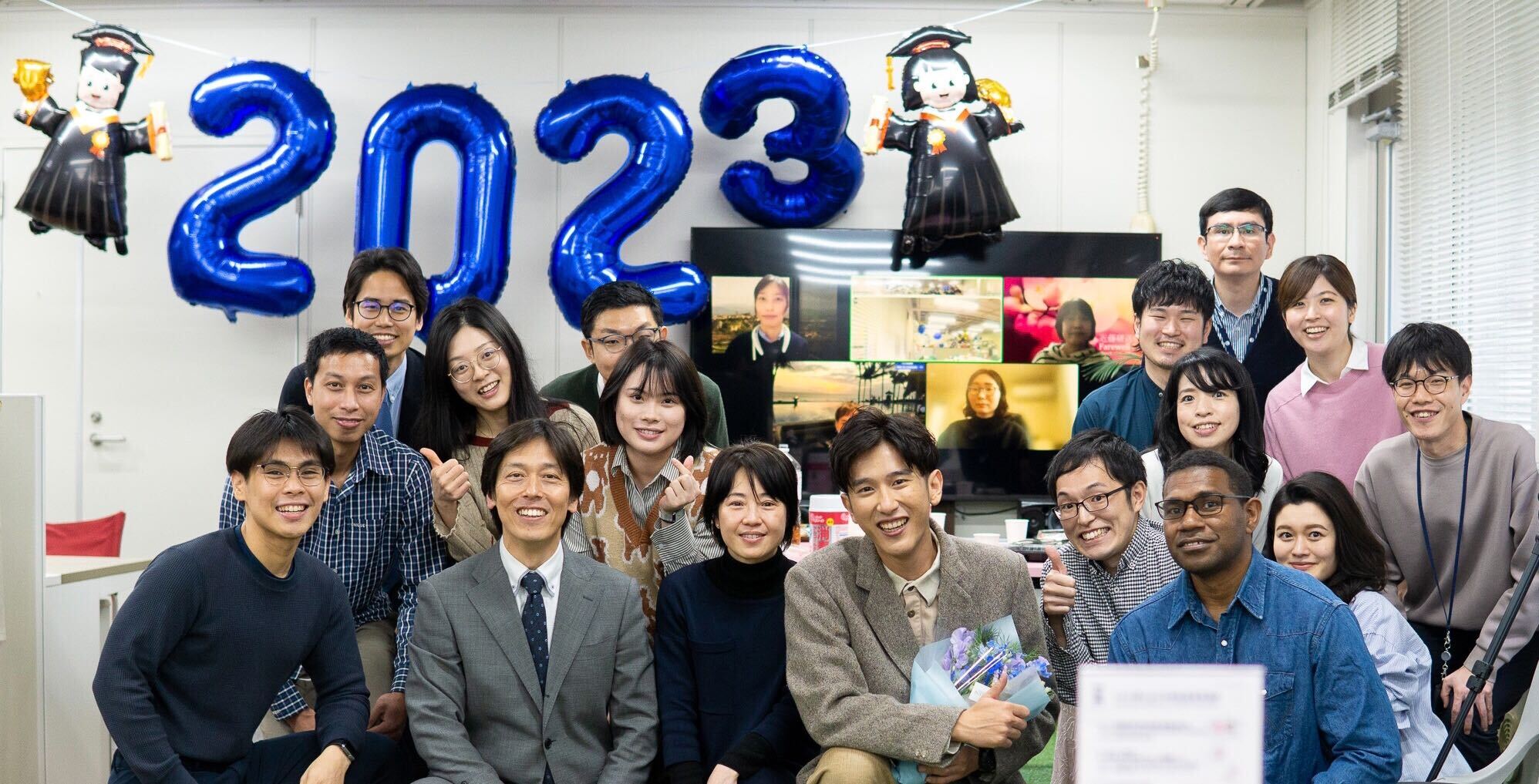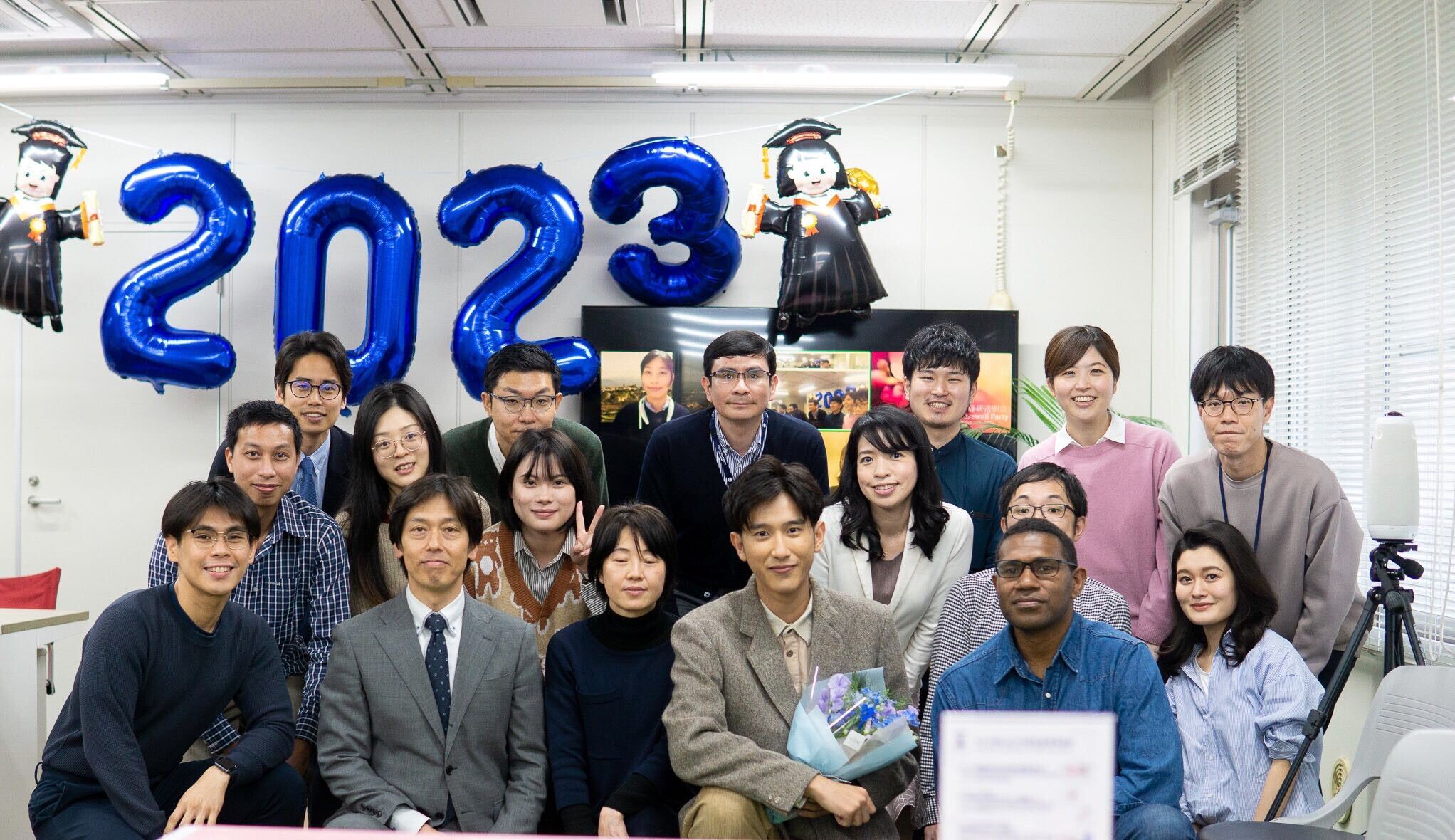The Global Health Strategy based on the presentations and discussions among the members of Global Health Strategy Expert Task Force and guest speakers has been finalized and released by the Headquarters for Healthcare Policy, the Prime Minister’s Office of Japan. The report includes several statements related to Prof. Kondo’s opinions as follows (translated by the Department of Social Epidemiology, Kyoto University).
*Strengthening Community Functions
“The perspective of strengthening community functions, promoting primary health care (PHC), and implementing health promotion activities is required, especially considering that the community is an important foundation of the health system and that the richness of the community’s social capital is to be maintained. To achieve these goals, the community and local government organizations are required to take the following actions. One of the most important ways to achieve this is to focus on strengthening the capacity of human resources and capacity for health service delivery in communities and local government organizations, as well as to develop people’s own knowledge, values, skills, and other competencies through health education. Such efforts need to take into account not only the supply side but also the demand side, including appropriate demand stimulation through health education and efforts to improve the social environment and regulations to promote behavioral change.”
“Civil society thus has a significant role to play in realizing Universal Health Coverage (UHC) and strengthening the capacity to deal with public health crises. From the perspective of UHC, civil society can contribute to enhancing social capital, including human resource development at the grassroots level, which is essential for the resilience of health systems in developing countries, as well as reducing the vulnerability of individuals and communities, in addition to having a role as a provider of health care services.These also contribute to the realization of a new era of human security. In addition, review and make recommendations on policies conducted by the government from the perspective of the beneficiaries. In terms of public health crises, the following contributions can be considered: a resilient community can quickly detect a crisis and take appropriate action, and appropriate risk communication can be achieved through collaboration with the media. ”
“In terms of public health crises, the following contributions can be considered: a resilient community can quickly detect a crisis and take appropriate action, and appropriate risk communication can be achieved through collaboration with the media. To expand these contributions through collaboration between civil society and ODA, it is necessary to strengthen collaboration on soft aspects in addition to community-level health infrastructure, depending on the characteristics of each form of ODA assistance. ”
*Ensuring Equity
“The focus is not only on ensuring equitable access to health care services, but also on reducing the resulting disparities in individual health status.”
“To realize equitable access to health care services for women, youth and vulnerable groups (e.g., poor, children, older people, people with disabilities, ethnic minorities, indigenous people, sexual minorities, migrants and refugees), it is important not only to strengthen health systems, but also social security systems such as social welfare and pensions, interventions in social determinants of health, and coordinated efforts by all sectors in health beyond the medical social security system.These will help address challenges not only to the supply side but also to the demand side of health care services. It is important to pay more attention to vulnerable groups and, simultaneously, to create an environment of protection, empowerment, and solidarity for these vulnerable groups during public health crises, so that crises do not further contribute to health disparities. In addition, from a primary health care perspective, it is necessary to support these vulnerable groups in taking ownership of their health challenges.”
*The importance of equitable digital infrastructure development
“It is also important to work with WHO and other organizations to support countries’ proactive efforts to improve literacy in the use of digital health, while paying attention to the impact of disparities in access to digital technology on UHC, and to strengthen cooperation with international NGOs and local private companies working to introduce innovative technologies to the field in developing countries.”
In the presentation session, titled “Post-COVID-19 Global Health Themes to which Japan is Expected to Contribute: The Example of Promoting Scientific Community-Building UHC systems for Healthy Ageing with a Focus on Health Disparities” , Prof. Kondo spoke about the social determinants of health, the importance of measures to address health disparities, the dissemination of models of health care for the elderly such as the community integrated care system that Japan, the world’s most aged nation, has built, scientific methods for promoting such models, the importance of developing Internet infrastructure, and the importance of promoting collaboration and personnel exchange between domestic health and global health research.”
Prof. Kondo’s report on October 13, 2021 can be downloaded from the following link (in Japanese).
The 3rd Global Health Strategy Expert Task Force




